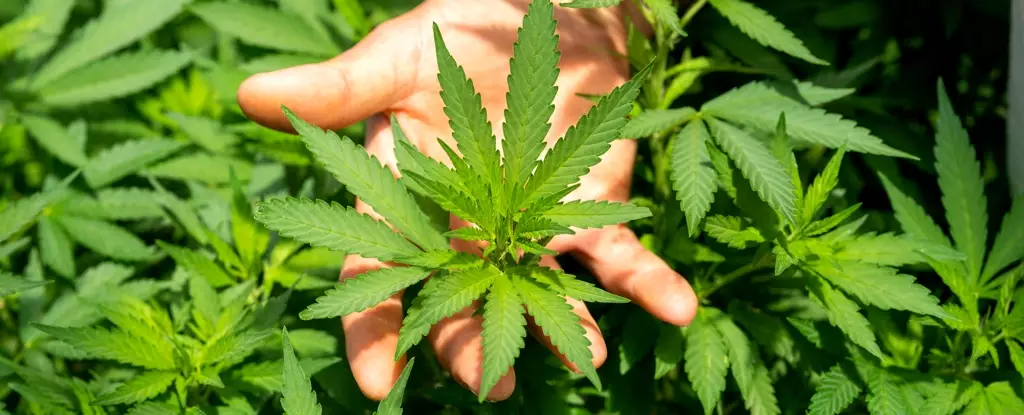The U.S. Drug Enforcement Agency has recently announced a significant move to ease federal restrictions on cannabis by reclassifying it from a Schedule I drug to the less restricted Schedule III category. This change acknowledges the valuable medicinal properties of cannabis and opens up new possibilities for its therapeutic use. This decision comes at a time when there is a growing interest in exploring the potential benefits of psychedelics, such as psilocybin, for the treatment of various conditions like depression and chronic pain.
Cannabis, also known as marijuana, has a long history of medicinal use dating back thousands of years. It has been employed for a variety of purposes, including pain management and the treatment of conditions like arthritis, seizure disorders, and nausea associated with chemotherapy. Despite its therapeutic potential, cannabis is not without its risks, as heavy use can lead to dependency issues and other health concerns. However, compared to other commonly used pain medications like opioids, cannabis presents a lower risk of fatal overdoses.
Many individuals with chronic pain have turned to cannabis as an alternative treatment option due to its perceived benefits and fewer negative side effects compared to traditional pain medications. However, more research is needed to fully understand the efficacy of cannabis for chronic pain management. Clinical trials have been limited in scope and duration, making it challenging to draw definitive conclusions. The recent publication of guidelines for clinical practice in this area is a step in the right direction, emphasizing the potential benefits of using cannabis products for pain coupled with other symptoms like sleep disturbances and anxiety.
Both cannabis and psychedelics, such as psilocybin, have been classified as Schedule I substances by the federal government, inhibiting research efforts into their therapeutic properties. The reclassification of cannabis to Schedule III has the potential to facilitate further studies and overcome regulatory barriers that have hindered progress in this field. Similarly, psilocybin has shown promise in treating conditions like treatment-resistant depression, but faces similar challenges in terms of legal restrictions and stigma.
As our society continues to explore the potential benefits of cannabis and psilocybin for pain management, it is important to address the existing barriers to research and access. By developing innovative approaches like coaching interventions for using cannabis products effectively, we can expand the options available for individuals living with chronic pain. The ongoing shift towards decriminalization and increased accessibility to these substances suggests a changing landscape in drug policy and healthcare practices. As researchers and providers work to bridge the gap between ancient healing traditions and modern medicine, there is hope for safer and more effective treatments for the millions of Americans struggling with chronic pain.


Leave a Reply